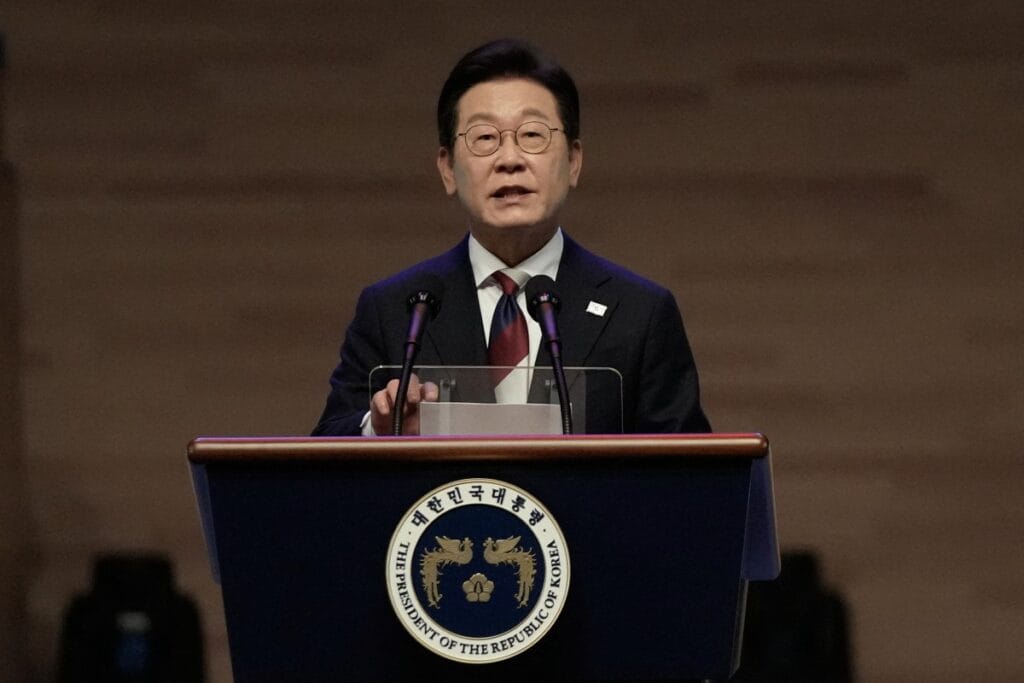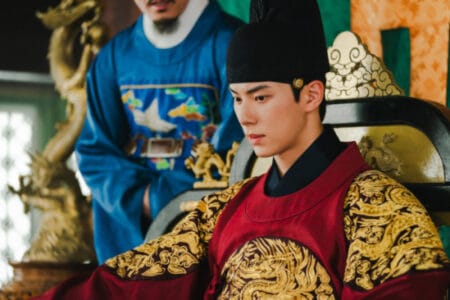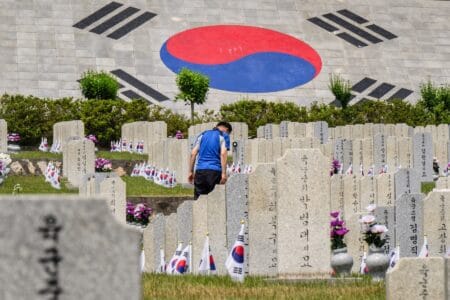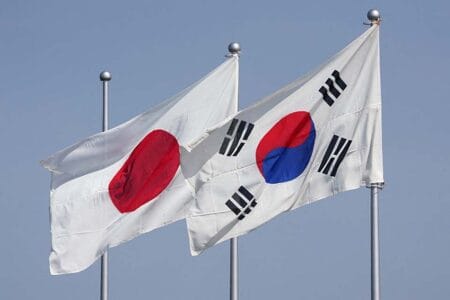August 22, 2025
SEOUL – President Lee Jae Myung has said he will pursue a three-stage denuclearization plan for North Korea, with Seoul approaching such a strategy via active efforts for dialogue with Pyongyang based on the solid alliance with the United States.
In an interview with Japan’s Yomiuri Shimbun ahead of his visit to Tokyo for summit talks with Japanese Prime Minister Shigeru Ishiba, Lee said he will seek to freeze North Korea’s nuclear and missile programs in the first stage.
In the second and final stage, Lee said he will seek to reduce and dismantle North Korea’s nuclear program, according to a script of the interview provided by the presidential office.
South Korea, while maintaining close coordination with the US, will actively pursue inter-Korean dialogue to establish conditions for the goal, Lee told the Japanese newspaper.
It was the first time that Lee, who took office in early June, announced the three-stage plan to persuade North Korea to eliminate its nuclear weapons program. In recent days, North Korea has rebuffed Lee’s peace overtures, saying that Seoul could not be a diplomatic partner of Pyongyang.
After holding summit talks with Ishiba, Lee will head for Washington to hold his first and high-stakes summit with US President Donald Trump on Aug. 25.
In the interview, Lee also proposed developing an Arctic shipping route as a potential area of cooperation among the two Koreas, the US, Japan and Russia, according to a summary of the interview released by his office.
On relations with Japan, Lee said his government will uphold past agreements on the issues of wartime forced labor and former sex slave for Japanese troops, euphemistically called “comfort women.”
“It is very difficult for the South Korean people to accept these agreements,” he said in the interview. “But as they are promises made between countries, it would be undesirable to overturn them.”
Although Lee had previously criticized the agreements, he said that as president he intends to honor them in the interest of bilateral relations, noting his dual responsibility to ensure policy consistency and maintain national trust while also considering the views of the Korean public, victims and their bereaved families.
He also expressed hope that Seoul and Tokyo can confront painful historical issues squarely and move relations forward.
The 2015 agreement on the comfort women issue was signed under former President Park Geun-hye and then Prime Minister Shinzo Abe, but a 2018 South Korean Supreme Court ruling on forced labor strained bilateral relations under the liberal Moon Jae-in administration.
In 2023, the conservative Yoon Suk Yeol government announced a plan to compensate victims through a public foundation without contributions from Japanese companies, a move that helped thaw ties between Seoul and Tokyo.
Regarding Tokyo’s request to lift import restrictions on seafood from eight Japanese prefectures, Lee said he remains cautious, citing South Koreans’ lingering safety concerns.
On China, Lee described it as “a close country, inseparable geographically and economically,” adding that Seoul seeks to cooperate where possible and compete where necessary, based on comprehensive considerations between the two neighbors, according to the summary by the office. (Yonhap)







